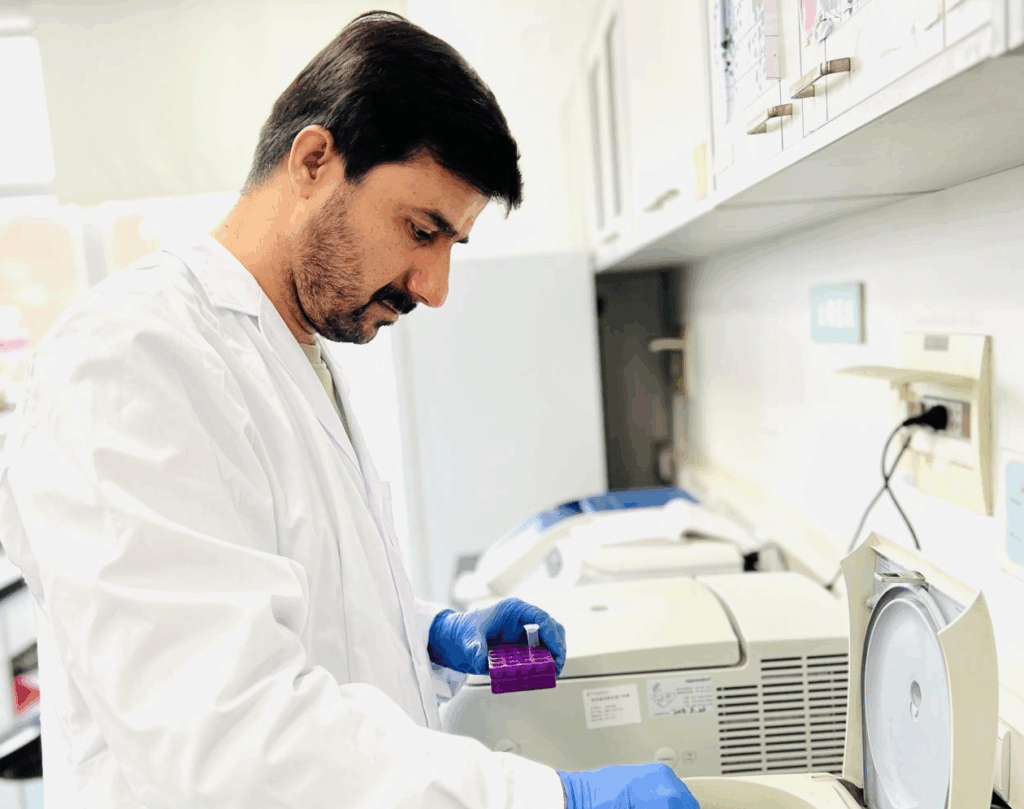Abdul Rehman, a 30-year-old researcher from Loralai, Balochistan, is working at the forefront of plant developmental biology at Shanghai Jiao Tong University (SJTU), where he is developing scientific solutions to help Pakistan’s drought-hit agricultural sector adapt to climate change.
“I’ve watched crops in my village fail year after year because of temperature swings and water shortages. That hardship is what led me into this field,” said Rehman, whose doctoral research explores how crops can withstand environmental stressors such as drought, heat, and disease. His work aims to benefit farmers in regions like Balochistan, where over 80% of the population depends on rain-fed agriculture.
Rehman credits China’s advanced scientific infrastructure for enabling him to pursue such high-impact research. “SJTU is one of the top universities globally. The lab facilities here are far beyond what’s available back home,” he said. “China’s strong investment in research and innovation has created an environment where groundbreaking ideas can flourish. As a scholarship student, I’ve been given the tools and support to contribute meaningfully.”
His journey goes beyond academia. Immersed in a multicultural campus, Rehman actively engages in cultural exchange by introducing Pakistani cuisine and traditions at international events, while also embracing Mandarin and Chinese customs. Though he misses home, Shanghai’s inclusive atmosphere and halal food availability have helped ease the transition.
Looking ahead, Rehman plans to return to Pakistan after his postdoctoral work. “I want to train farmers and support government initiatives by promoting genetically modified crops that can withstand climate shocks,” he said. He recounted how local yields of almonds, apples, and other fruit crops have sharply declined in recent years. “The youth of Balochistan have immense potential, but limited opportunities. Studying in China can be a turning point for many of us.”
Through collaborations with Chinese research labs and hands-on training in cutting-edge techniques, Rehman is preparing to bring global knowledge home. “What I’ve learned here will someday help revive the agricultural fields of Balochistan,” he added, driven by a clear mission to convert research into resilience.

